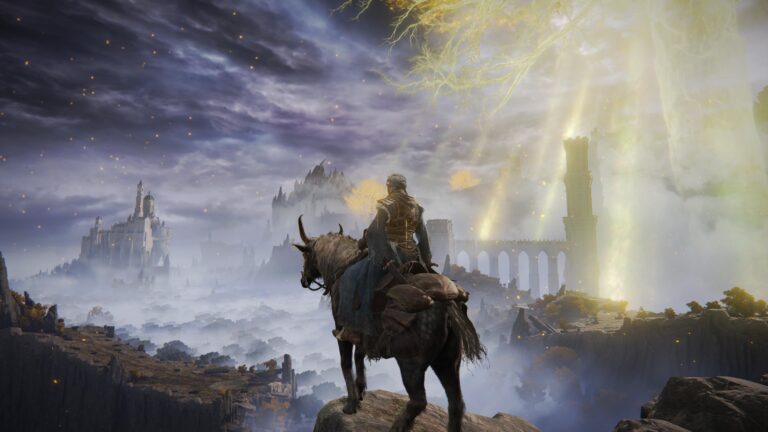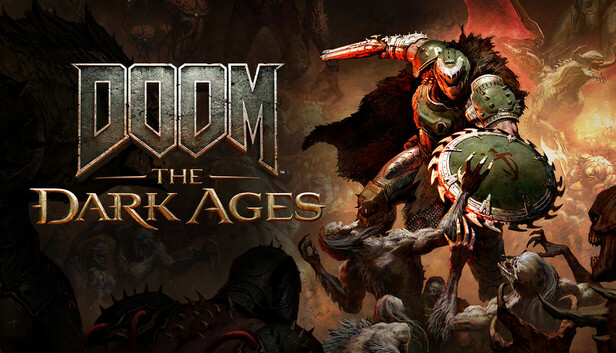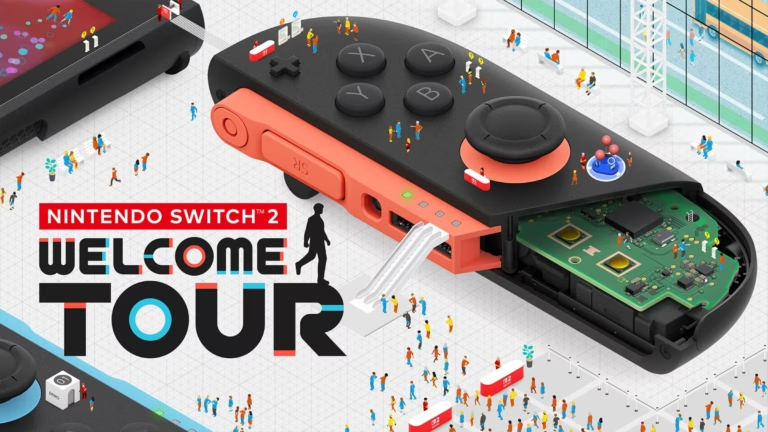Game data not found.
The Godfather video game, developed by EA Redwood Shores and published by Electronic Arts, immerses players in the gritty and politically charged world of organized crime. Released in 2006, this game adaptation of the iconic 1972 film offers an engaging blend of open-world exploration and narrative-driven missions set in post-war New York City. As a player, you are given the opportunity to rise through the ranks of the Corleone crime family, making strategic decisions that will shape the underworld.
Story
The narrative of The Godfather game runs parallel to the events of the legendary film, adding a fresh layer of interactive storytelling. Players assume the role of Aldo Trapani, a character created specifically for the game. Aldo’s journey begins with a tragic childhood event: the murder of his father at the hands of a rival gang. This pivotal moment fuels his quest for vengeance and his eventual involvement with the Corleone family.
As Aldo, players experience key moments from the film, such as the iconic horse’s head scene and the baptism assassination sequence. These cinematic elements are seamlessly integrated with original storylines that provide context and depth to the existing plot. Throughout the game, players interact with beloved characters like Don Vito Corleone, Michael, Sonny, and Tom Hagen, each voiced by actors who reprise their roles from the movie, adding authenticity and nostalgia.
The game allows players to influence the storyline through their actions and decisions. Building alliances, carrying out hits, and expanding the family’s territory are crucial to Aldo’s rise in the criminal hierarchy. This dynamic narrative structure ensures that each playthrough can lead to different outcomes, offering a personalized experience.
Gameplay
The Godfather game is renowned for its open-world design, which captures the bustling streets of 1940s and 1950s New York City. The city is divided into five boroughs, each controlled by different mafia families. Players must navigate this complex landscape, balancing diplomacy and aggression to expand Corleone influence.
At its core, the gameplay combines elements of action, strategy, and role-playing. Players engage in hand-to-hand combat, gunfights, and driving missions, all of which are integral to the game’s progression. The combat system is intuitive, allowing for a variety of attacks and executions, while the gunplay is satisfyingly visceral, with a wide array of period-appropriate firearms.
One of the game’s standout features is the extortion mechanic, which allows players to take control of businesses and rackets throughout the city. By intimidating shopkeepers and rival mobsters, players can generate income and weaken enemy families. This strategic layer adds depth to the gameplay, requiring players to manage resources and territories effectively.
The game also introduces a character progression system, where players can improve Aldo’s skills in areas such as fighting, shooting, and negotiation. This RPG-like element encourages players to tailor their playstyle to suit their preferences, whether it be as a brutal enforcer or a cunning strategist.
Graphics and Sound
Visually, The Godfather game captures the essence of its cinematic counterpart through detailed character models and atmospheric environments. The recreation of New York City during this era is impressive, with period-accurate vehicles, architecture, and fashion that contribute to the game’s authenticity. The attention to detail extends to the interiors of buildings, which are richly designed and enhance the immersion.
The game’s sound design is equally noteworthy. The original film’s iconic score, composed by Nino Rota, is faithfully integrated, evoking a sense of nostalgia and drama. Additionally, the voice acting is top-notch, with Marlon Brando, James Caan, and Robert Duvall reprising their roles, lending gravitas and personality to the characters. This dedication to sound quality enhances the storytelling and solidifies the game’s cinematic experience.
Legacy and Reception
Upon its release, The Godfather game received positive reviews for its engaging narrative and faithful adaptation of the film’s universe. Critics praised its open-world gameplay and the ability to interact with iconic characters, while some noted areas for improvement in mission variety and AI behavior.
Despite these critiques, the game has left a lasting impact on the genre of film-to-game adaptations. It demonstrated that video games can successfully expand upon cinematic stories, providing players with new perspectives and interactive experiences. The Godfather game is often compared to other open-world crime titles, like the Grand Theft Auto series, and is considered a significant influence on subsequent mafia-themed games.
Its success led to the release of a sequel, The Godfather II, which attempted to build upon the foundations laid by its predecessor. While the sequel introduced new gameplay mechanics and a broader scope, it struggled to capture the same critical acclaim.
Conclusion
The Godfather video game stands as a testament to the potential of interactive storytelling within the realm of established film franchises. By allowing players to engage with the complex world of the Corleone family, the game provides a unique opportunity to explore themes of power, loyalty, and revenge.
Its blend of open-world gameplay, character-driven narrative, and authentic audiovisual elements create a compelling experience that resonates with fans of the film and newcomers alike. The Godfather game not only pays homage to its source material but also carves out its own legacy in the world of video games, influencing future titles and solidifying its place as a classic in the genre.















